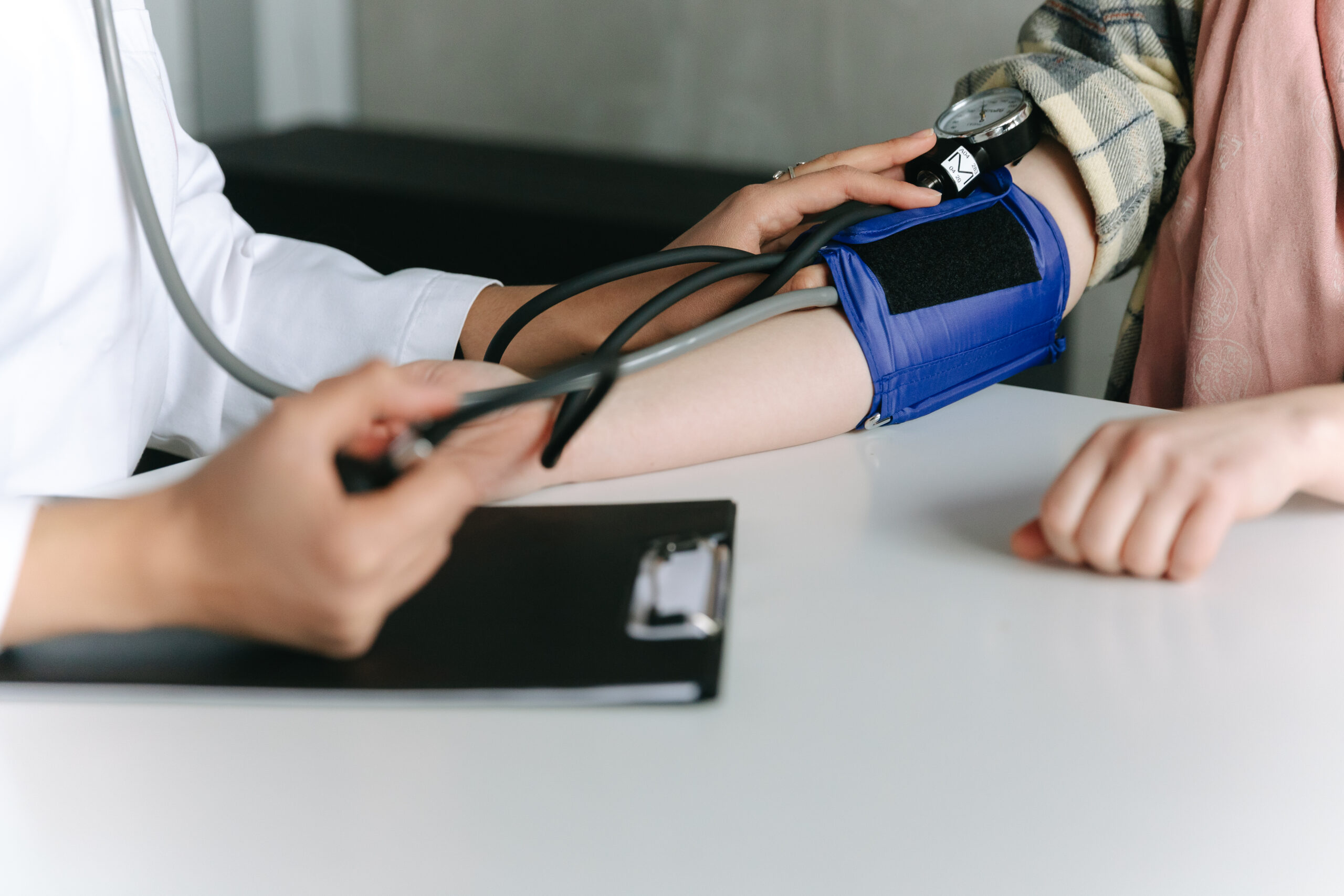How is hypertension treated?
Title: Understanding Hypertension Treatment: Taking Control of High Blood Pressure
Introduction:
Hypertension, commonly known as high blood pressure, affects millions of people worldwide. If left untreated, it can lead to serious health complications such as heart disease, stroke, and kidney problems. Fortunately, there are various effective methods for managing and treating hypertension available today. In this blog post, we will explore some common approaches to hypertension treatment, focusing on lifestyle modifications, medications, and complementary therapies.
1. Lifestyle modifications:One of the first lines of defense against hypertension is adopting a healthy lifestyle. This includes making positive changes in the following areas:
a) Healthy eating: Incorporating a balanced diet rich in fruits, vegetables, whole grains, lean proteins, and low-fat dairy products can help lower blood pressure. Reducing sodium intake by limiting processed and packaged foods is also beneficial.
b) Regular exercise: Engaging in physical activity for at least 150 minutes per week can significantly reduce blood pressure levels. Activities such as walking, jogging, cycling, swimming, and dancing are great options to incorporate into your routine.
c) Weight management: Maintaining a healthy weight can have a significant impact on blood pressure. Losing excess pounds through a combination of healthy eating and regular exercise can help lower hypertension risk.
d) Limiting alcohol consumption: Excessive alcohol intake can raise blood pressure. Moderation is key: men should limit themselves to two drinks per day, while women should stick to a maximum of one drink per day.
e) Stress management: Chronic stress can contribute to high blood pressure. Adopting stress-reducing practices such as meditation, deep breathing exercises, yoga, and engaging in hobbies can help manage hypertension.
2. Medications:In some cases, lifestyle modifications alone may not be sufficient to control hypertension. In such situations, doctors may prescribe medication to help regulate blood pressure. There are several types of medications available, including:
a) Diuretics: These medications help eliminate excess salt and water from the body, reducing blood volume and lowering blood pressure.
b) Angiotensin-converting enzyme (ACE) inhibitors: These medications relax blood vessels, making it easier for blood to flow.
c) Angiotensin II receptor blockers (ARBs): Similar to ACE inhibitors, ARBs also relax blood vessels, reducing blood pressure.
d) Calcium channel blockers: These medications prevent calcium from entering the muscle cells of the heart and blood vessels, resulting in lower blood pressure.
e) Beta-blockers: Beta-blockers reduce heart rate and workload, leading to decreased blood pressure.
3. Complementary therapies:In addition to lifestyle modifications and medications, certain complementary therapies can be used alongside conventional treatments to manage hypertension. These include:
a) Acupuncture: This ancient practice involves inserting thin needles into specific points of the body to help regulate blood pressure.
b) Biofeedback: Through biofeedback techniques, individuals can learn to control their heart rate, blood pressure, and stress levels, promoting better management of hypertension.
c) Herbal supplements: Some herbal supplements, such as garlic, hawthorn, and fish oil, have shown potential in reducing blood pressure levels. However, it is crucial to consult with a healthcare professional before incorporating any supplements into your routine.
Conclusion:
Hypertension is a serious health condition that requires careful management. By making lifestyle modifications, taking prescribed medications, and considering complementary therapies, individuals can effectively control and treat high blood pressure. Remember, regular check-ups with your healthcare provider are essential for monitoring progress and adjusting treatment plans if needed. With the right combination of lifestyle changes and medical interventions, hypertension can be effectively managed, reducing the risk of associated health complications.



